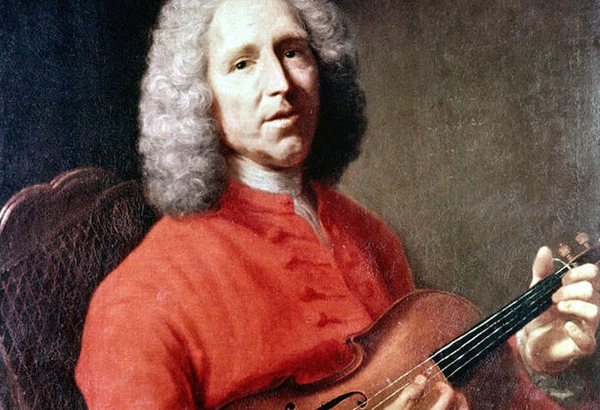Jean-Philippe Rameau (1683-1764) was a seminal French composer and music theorist of the Baroque era. His work profoundly influenced both the theory and practice of music in his time and continues to be revered today. Rameau's compositions encompass a wide range of genres, from operas and ballets to keyboard works and chamber music. Here, we delve into ten of his best compositions that showcase his remarkable talent and enduring legacy.
In the world of classical music, few names shine as brightly as Jean-Philippe Rameau. A true master of his craft, Rameau is often considered one of the most influential composers of the Baroque era. His groundbreaking compositions, innovative theories, and remarkable contributions to music have left an indelible mark on the history of Western classical music. Join us as we delve into the fascinating biography of this musical genius and explore the legacy he left behind. Born on September 25, 1683, in Dijon, France, Jean-Philippe Rameau displayed an early aptitude for music. His father, an organist, recognized his son's talents and ensured he received a comprehensive musical education. Rameau studied under several renowned composers, including Jean-Baptiste Moreau and André Raison, developing his skills as both a performer and a composer.
